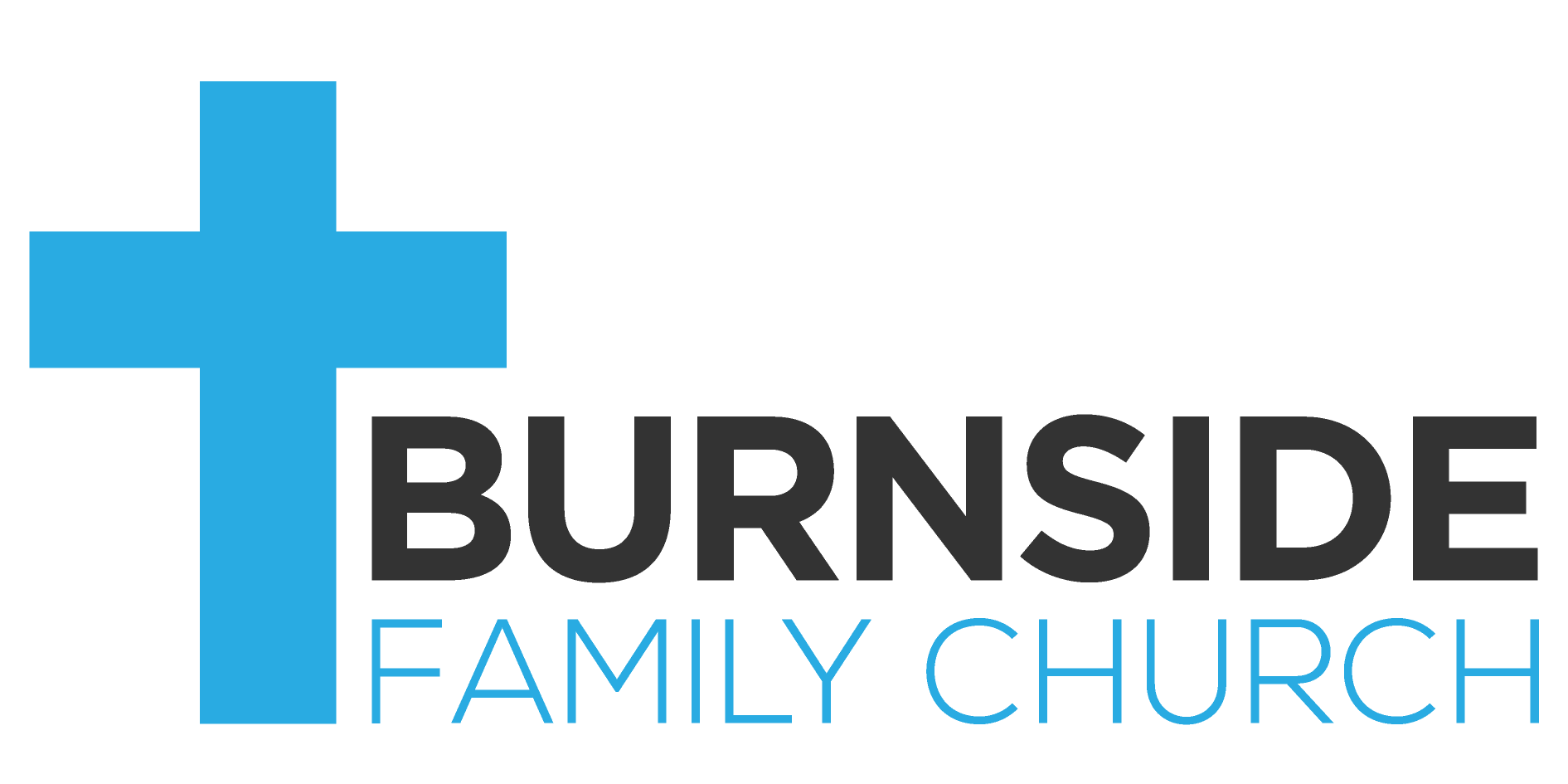Matt 16:1-20 Living Victoriously - by Jeff Byerley
The Study Matt 15:21- 39 Jesus Healer and Provider
Outline:
16:1-4 The Pharisees and Sadducess seek a sign...
16:5-12 The Leaven of the Pharisees and Sadducess..
16:13-20 Peter Confesses Jesus as the Christ.
Reflections
1. What was wrong about the Pharisees and Sadducees seeking a sign from Jesus (16:1-3)?.
2. What was the Sign of Jonah (16:4)?.
3. What do we learn from the Leaven of the Pharisees and Sadducees (16:5-12)?
4. Why did Jesus lead his disciples to Caesarea Philippi for this dramatic event (16:13-20)?
The passage and my thoughts are enclosed for you to consider and comment on..
Reflections
1. What was wrong about the Pharisees and Sadducees seeking a sign from Jesus (16:1-3)?
The Old Testament gives many prophecies about the coming of the Messiah. For example, they show He would be King (Ps 2:6), Priest (Ps 110:4) and Prophet (Dt. 18:15-18; Ps 105:15). They also showed He would be God's suffering servant (Isa. 53). However, these religious leaders had led the people into thinking of him only as establishing the throne of David forever (2 Sam. 7:11b-16). Their expectations were that the Messiah would come as a political / militaristic leader to overpower the Gentiles like King David did, but on a far grander scale. This is the kind of sign they were seeking. They had no acceptance that the Messiah would have to suffer for their sins. Their teaching was of obtaining righteousness by works.
2. What was the Sign of Jonah (16:4)?
Jesus had already explained this to scribes and Pharisees in Matt 12:40; “For as Jonah was three days and three nights in the belly of the great fish, so will the Son of Man be three days and three nights in the heart of the earth”. This sign is Jesus' victory over death and Satan by rising from the tomb to new life. Either you believe this greatest of miracles or not.
3. What do we learn from the “Leaven of the Pharisees and Sadducees (16:5-12)?
“Leaven” is another word for “yeast”. It was often used as an analogy for something spreading in society. In 13:33 Jesus used this analogy of the yeast to describe the growth of the kingdom of heaven. That is, it would permeate society secretly and mysteriously. But the yeast (teaching) of the Pharisees and Sadducees would lock people away from the kingdom instead of having the access of keys to it (cf. 23:13).
4. Why did Jesus lead his disciples to Caesarea Philippi for this dramatic event (16:13-20)?
The region of Caesarea Philippi is up in the furtherest Northern part of Palestine. It is otherwise known as Paneas. It was high up on rock 6 kms from the ancient city of Dan, in the foothills of the towering Mt Hermon. The city was originally dedicated to Pan, a god of fertility and fright. Worship included throwing sacrifices, sometimes child sacrifices, into a massive crevice in the rock. They believed that this place was the gate from which spirits emerged. It was known as the Gates of Hades.
So Jesus chose to take his disciples to this dramatic place built on a rock and he asked them this question: “Who do people say the Son of Man is?” Verse 14 says: They replied, “Some say John the Baptist; others Elijah; and still others Jeremiah or one of the other prophets.“ A critical verse, verse 15 says: “But what about you”, he asked. “Who do you say that I am?” Then verse 16 says: Simon Peter answered, “You are the Christ, the Son of the living God.” (Not a lifeless graven image on a rock or piece of wood.)
Jesus responds in verses 17-18 “Blessed are you Simon, son of Jonah, for this was not revealed to you by man, but by my Father in heaven. And I tell you that you are Peter [meaning rock] and on this rock I will build my church, and the gates of Hades [death] will not overcome it.”
So what do we learn from this passage?
1 We have all heard about Jesus' miracles but God chose to reveal to each of us that Jesus is the Christ, the Son of God. When we were asked in our hearts by Jesus; “Who do you say that I am?”, we replied “You are the Christ, the Son of the living God”. How blessed are we? This is a question for all people.
2 We are not to make judgments about to whom we should reveal the Gospel because it is God who reveals Christ to whom he will. We can and should tell people about our faith, but if they do not accept Christ, it is not our responsibility. We don't have to feel bad about that.
3 What if we feel threatened when we want to share the Gospel. People may not want to hear it. There is so much political correctness these days, it is easy to feel intimidated by it. But what did Jesus say. The Gates of Hades will not prevail over the Church. The purposes for which God has sent the Church, (including each one of us), to spread the Gospel will not fail. Yes there may be trials and tribulations and suffering, but Jesus the King, will be victorious. And we are maintain a rock solid faith in Jesus, the Rock of Ages in whom we can trust perfectly to build his church.
